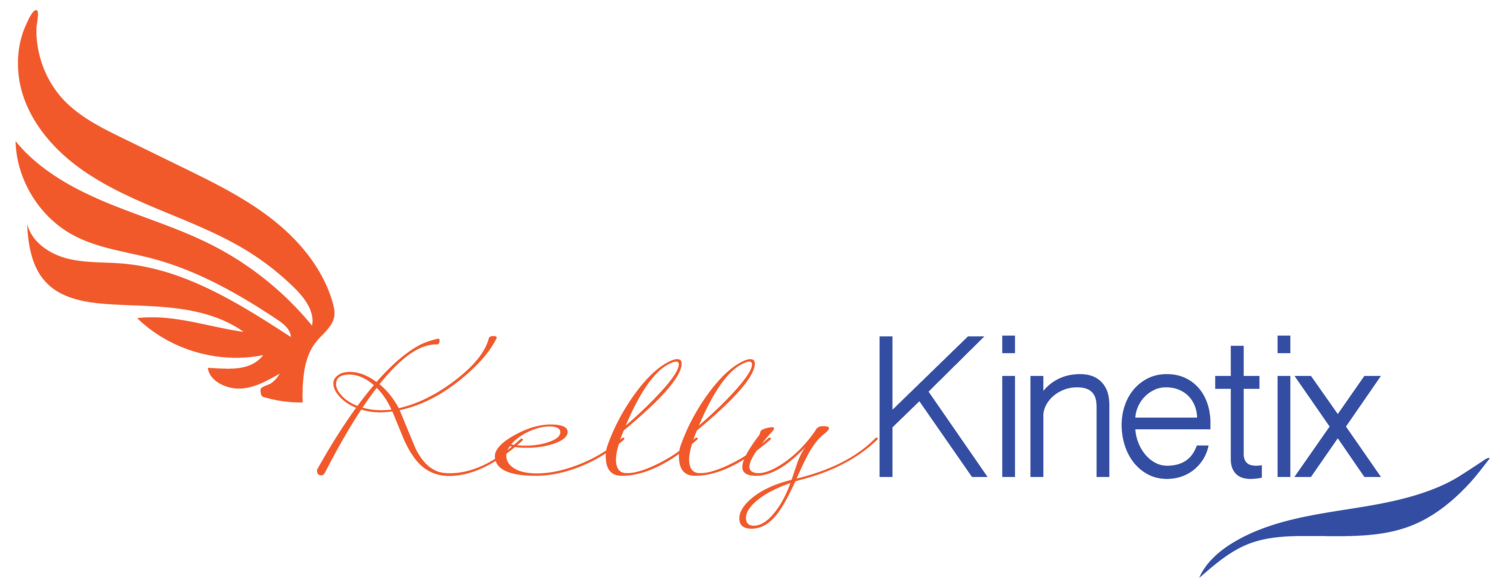Necessary Nutrients
Published on August 17, 2021Have you read a food’s nutrition label and been unsure of what some nutrients even do? Look no further as this article will cover some key vitamins and minerals and why they are essential for humans. I will be listing some foods that are stocked with these nutrients?
Folate
Also known as vitamin B9 and folic acid, this is a type of B-vitamin. Folate can help with several body systems. When it comes to the cardiovascular system, it can help with the production of red blood cells. When it comes to the immune system, it can also help with the production of white blood cells. This, in turn, can provide stable DNA and RNA which aids in healthy child development (Islen, 2018). Also, it assists with strengthening one’s bone marrow. Doctors recommend the consumption of folate especially during pregnancy, early childhood, and adolescence.
Recommended Foods: Beef liver, Avocado, Lettuce, Lentils

Zinc
This nutrient plays a central component in the immune system. Despite its necessity, the human body lacks the ability to create a supply of zinc. What contributes to the difficulty is that the body cannot accumulate and store up excess zinc, so one must ensure that they obtain their daily dose through eating certain foods (Kubala, 2018). Besides immune function, it helps with metabolism, healing from wounds and other injuries, protein synthesis, and stable DNA development.
Recommended Foods: Mushrooms, Clams, Salmon, Beet greens, Hemp seeds

Calcium
Did you know that about 15-20% of a person’s total mass is composed of our skeletal system? It’s no wonder that our bones serve as deposits to store calcium, the most abundant mineral in our bodies (NIH, March 29, 2021). With calcium, it is evident that they help in strengthening our bones and teeth. Though, this nutrient also plays a role in a strong heart and muscles. In the long-term, calcium contributes to lowering susceptibility to cancer and cancer prevention.
Recommended Foods/ Drinks: Milk, Kale, Broccoli, Cream Cheese, Tofu

Magnesium
This mineral helps out in the body’s frequent enzyme reactions. Similar to other minerals and vitamins mentioned, magnesium contributes to a well-functioning cardiovascular system and immune system (Ware, 2020). An abundance of research showcased the potential of magnesium, as daily intake is connected to the alleviation of headaches/ migraines, lowered susceptibility to type 2 diabetes, and decreased the impact of mood disorders (ex. Depression, anxiety).
Recommended Foods/ Drinks: Almonds, Oatmeal, Low-fat yogurt, Soy milk, Cooked brown rice

Iron
This nutrient helps out with blood production by facilitating the development of hemoglobin (NIH, March 22, 2021). See, hemoglobin is a type of protein molecule that is situated in red blood cells and helps in the diffusion of oxygen into the bloodstream. Simultaneously, it pushes carbon dioxide out of the body. Iron also contributes to hormone regulation, treats anemia (a condition where you have insufficient amount of red blood cells in circulation), and good quality of sleep.
Recommended Foods: Spinach, White beans, Seafood, Iron-fortified cereals, Nuts

Potassium
Besides being a mineral, potassium is a type of electrolyte that is able to conduct electrical impulses. These impulses help in stimulating an equilibrium for both the water balance and acid-base balance (Rose, 2021). To add on, potassium contributes to the digestive system by improving muscle contractions and easing overall digestion.
Recommended Foods/ Drinks: Banana, Orange juice, Dried apricots, Prunes, Kidney beans

Hopefully, you learned about the various vitamins/ minerals in our food and why they are important to include in our diet. If you are interested in learning more, I recommend checking out our Nutrition workshop. This workshop, run by Caroline, focuses on the theoretical and detailed breakdown of nutrients and exercise. Through open discussion and videos, you will become a health expert of your own/ Check out her class through this link:
Links
https://www.medicalnewstoday.com/articles/287677
https://www.healthline.com/nutrition/zinc
https://ods.od.nih.gov/factsheets/Calcium-HealthProfessional/
https://www.medicalnewstoday.com/articles/286839#_noHeaderPrefixedContent

